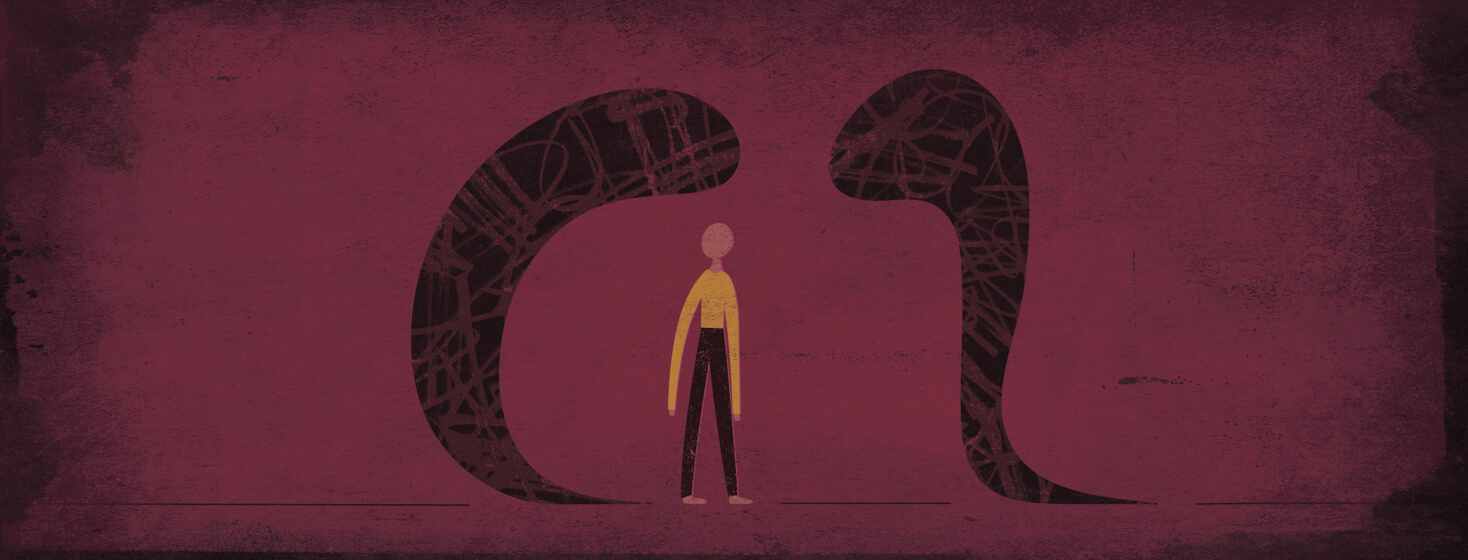Will My Insomnia Go Away After PTSD Treatment?
Insomnia is common following a trauma, and it can stick around if a survivor struggles with post-traumatic stress disorder (PTSD). So will insomnia go away if you treat PTSD? Maybe.
Insomnia and trauma
Most people who survive a trauma have trouble falling or staying asleep in the days and weeks afterward. This is considered a normal response to trauma. For many people, this and other reactions to trauma will remit naturally within a few weeks.
Unfortunately, some people will continue to struggle for months or years after a trauma. This is when a diagnosis of PTSD may become appropriate. Two PTSD criteria involve sleep: nightmares, and trouble falling and staying asleep.
Will my insomnia go away if I get treatment for PTSD?
As you are probably well aware, being sleep-deprived makes it harder to cope with everything. Insomnia impacts our mood, motivation, and physical functioning. So it’s not surprising that a frequent question from clients new to my practice is, “Will my insomnia go away if I get treatment for PTSD?”
I am always honest in my response: “Maybe, maybe not. But the good news is we have good treatments for insomnia, too.”
How can treating PTSD help insomnia?
If insomnia is a symptom of PTSD, it’s common sense that an effective treatment for PTSD could lead to a reduction in insomnia. Evidence-based treatments for PTSD do lead to a large reduction in symptoms for most clients, and that includes nightmares and insomnia.
So it is quite possible that engaging in a treatment like eye movement desensitization reprocessing (EMDR) or cognitive processing therapy (CPT) will lead to an improvement in your sleep problems.
Why doesn’t it always work?
Unfortunately, completing PTSD treatment doesn’t always resolve insomnia. In fact, it is one of the most common residual symptoms, with 49 to 55 percent of clients still struggling with insomnia after a course of treatment for PTSD.1
Why? While insomnia is often triggered by trauma, it can take on a life of itself due to perpetuating factors. Suppose you’ve struggled with insomnia for a long time and changed your lifestyle in order to cope with it (like drinking more caffeine, taking frequent naps, or laying in bed too long while you’re awake). In that case, it’s possible that you’ve inadvertently developed habits or beliefs that are keeping your insomnia going. While PTSD treatment addresses a lot of trauma-related thoughts and behaviors, it doesn’t address those.
What do I do if my insomnia persists?
Like I say to my clients, the good news is that effective treatments exist for insomnia. Treatments like cognitive behavioral therapy for insomnia (CBTI) are separate from PTSD treatments and will address those perpetuating factors that have kept your insomnia going.
The other good news is that CBTI is brief. You can see dramatic improvements in your sleep in about 5 weeks, even if you’ve been struggling with insomnia for decades!
If you’ve been frustrated because you’ve been addressing your trauma but you’re still struggling with insomnia, don’t lose hope! A course of insomnia-focused treatment can make a big impact in a short amount of time.

Join the conversation